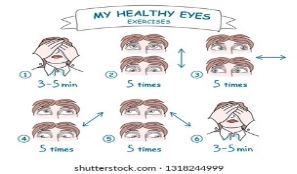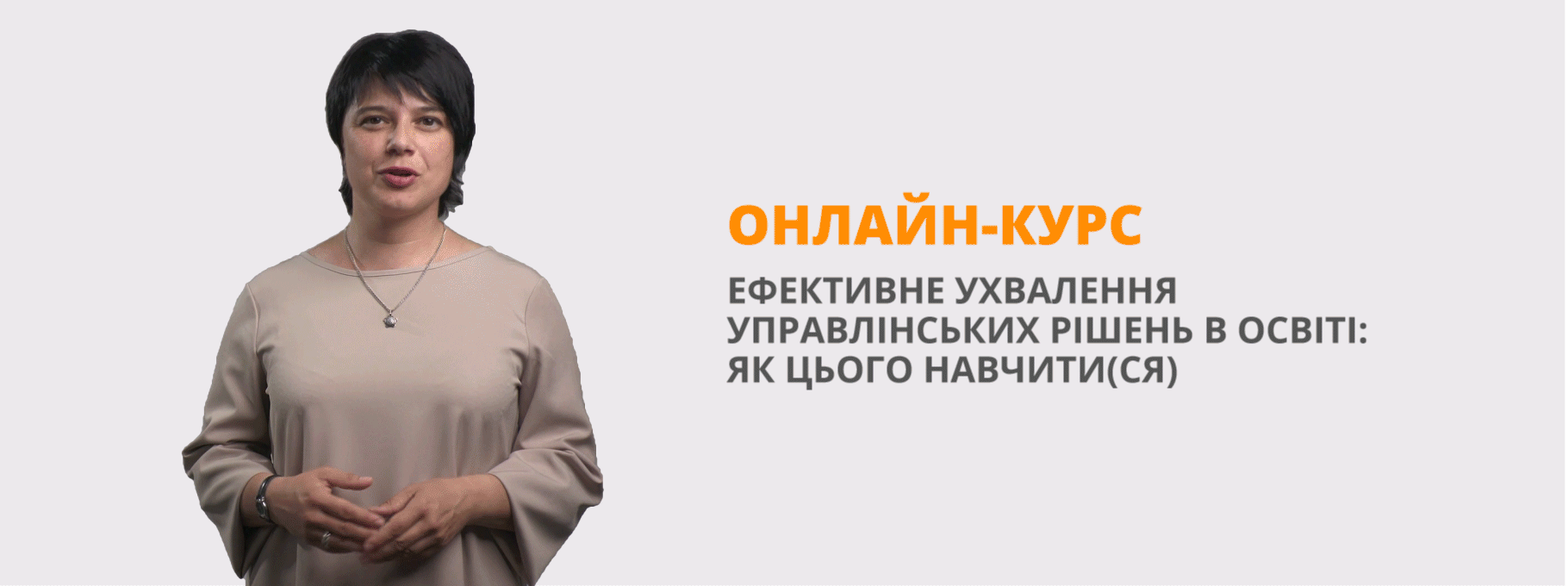Урок "Shopping for clothes"
Teacher: Alice Zavhorodnia
Date:
Level/Class: 6-A
LESSON №
Subject: Shop Till You Drop!
TeachingObjectives:
1. to improve lexical skills, to activise the vocabulary, to improve speaking, writing and reading skills, to revise this/these.
2. to broaden pupils’ outlook.
3. to develop listening, reading, writing and speaking skills; to develop pupils’ lexical skills; to develop grammar skills using the Present Simple, to develop skills to work in pairs.
4. to bring up the interest in learning English.
Teaching Aids and Materials: a computer, presentation
PROCEDURE OF THE LESSON
I. Introduction.
1. Greeting
Hello! How are you? Are you healthy?Are you ready to start our lesson?
2. Theme and Aim
Today we continue speaking about Clothes and the topic of our lesson is Shop Till You Drop! During the lesson we are going to speak about the importance of clothes and going shopping for clothes. By the end of the lesson you will be able to ask and answer how to shop, using different items of clothing and structures in Present Simple.
2. Warming up
How do you understand the topic of our lesson? It means to buy as many things as you can until you are tired.
II. The basic part of the lesson
- Beginning of the lesson.
I want to begin our lesson with the poem. Listen.
Shopping, shopping, much to do,
Shorts and pants and T-shirts too.
I would like a pair of boots,
And a pair of nice red shoes.
Shopping, shopping, much to d0,
I like shopping, how about you?
Shopping, shopping, much to do,
Dresses, skirts and blouses too.
I would like a pair of jeans,
And nice shiny earrings.
Shopping, shopping, much to d0,
I like shopping, how about you?
Who wants to read the poem? (some pupils read the poem)
- Vocabulary practice
- Now look at the poem once again, find items of clothes and name them.
- How can we group them? Right:
for boys, for girls both for girls and boys accessories
Group the words in four columns. Let’s check!
- Good of you. Shopping, shopping much to do. I like shopping and what about you?
Do you like shopping?
- Speaking Practice
Are clothes very important for you? Solve the puzzle and read the proverb.
А-1, B-2, C-3, D-4, E-5, F-6, G-7, H-8, I-9, J-10, K-11, L-12, M-13, N-14, O-15, P-16, Q-17, R- 18, S-19, T-20, U-21, V-22, W-23, X-24, Y-25, Z-26.
9,20 9,19 14,15,20 1 7,1,25 3,15,1,20 20,8,1,20 13,1,11,5,19 20,8,5 7,5,14,20,12,5,13,1,14.
It is not a gay coat that makes the gentleman.
(pupils know this proverb from the previous lesson, so there is no need to translate it)
- What do you think about this proverb? Do you agree that clothes make the man? People give different points of view concerning this proverb. Let’s read them. Whose point of view do you support?
P1: It’s quite clear that appearance of a person is of great important not only for him but for the other people as well.
P2: I think that appearance doesn’t matter, but it is not always true.
P3: I think that who you are is more important than your clothes.
P4: I consider that clothes do not make the man.
P5: I came to the conclusion that very often we think of a person according to his clothes.
- Exercises for eyes “Healthy Eyes”

- Making and reading dialogues.
- I think all of you like going shopping and wear new clothes. Now let’s deal with a dialogue. Your task is to complete it with the words in the box.
Mind the usage of this and these. When do we use them?
![]()
Laura Hi, Jack.
Jack Hi – nice to see you.
Laura You too. You look ……………….
Jack Thanks. …………..shoes are new, and …….. Jacket is too.
Laura Well, they’re very nice. The jacket is great with your …………..
Jack Oh, the T-shirt? It’s old – but I like ……… a lot.
Laura Cool! I’ve got …………… new trainers. Do you like them?
Jack Yeah. They are great!
- Let’s check!
- Good of you! Let’s move on. The next our task is to reorder the phrases to make a dialogue. The phrases are mixed and you have to put them in the correct order. The dialogue is between a customer and a shop-assistant. (explain who is a customer and who is a shop-assistant if necessary). Have a look at the whole dialogue. Which phrase will be the first?
- Now read it in pairs.
- It’s € 65.00. It’s very nice.
- Of course – the changing rooms are over there.
- Right. Can I try them on please?
- Yes, it is. But it’s expensive, too! How much are those trousers?
- Excuse me – how much is this jacket?
- They are € 19.50.
- III. The final part of the lesson
- Homework
Unfortunately, our time is up and it’s time to finish our lesson.
Write down your homework: make up your own dialogue between a customer and a shop-assistant. Revise the spelling and the pronunciation of the words. These are the words that you misspell and mispronounce.
- Summarising.
Children, did you like the lesson? What did you like most of all? What kind of shopping did we do at our lesson? (make pupils say “shopping for clothes).
- Saying goodbye.
Thank you for your participation, you were active, excellent, brave, great. Goodbye. See you tomorrow.


про публікацію авторської розробки
Додати розробку
